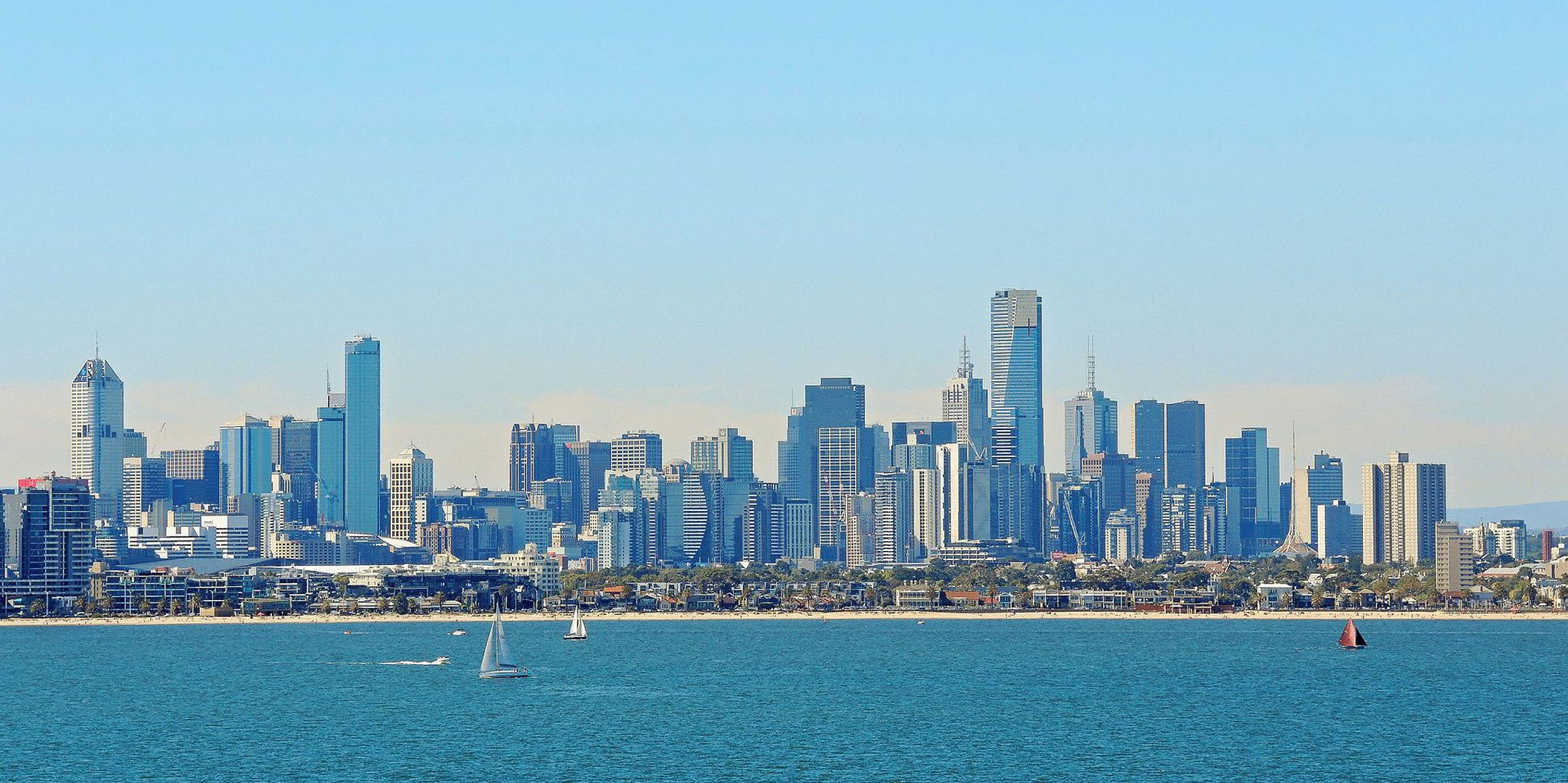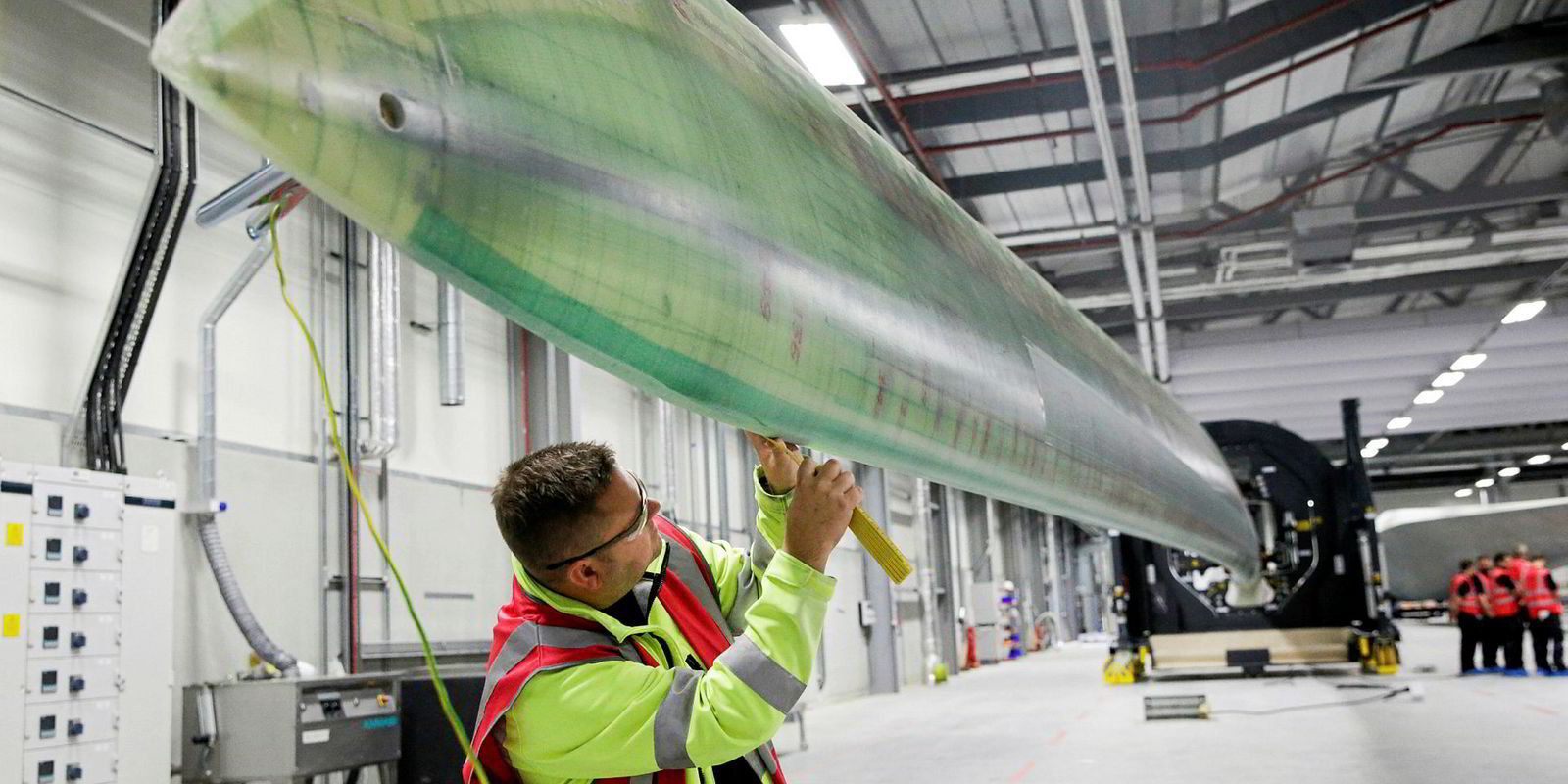Australian trades unions urged the country’s government to put tough local-content rules in place for its first big offshore wind project, as they backed renewables to offset declines in its oil & gas and shipping sectors.
A clutch of labour groups focused on the planned first Australian offshore wind farm – the 2.2GW Star of the South off the state of Victoria – as they called for measures “to ensure workers and communities currently reliant on fossil fuels weren’t thrown on the scrap heap”.
Union leaders want Australia’s states, and the national Commonwealth government, to create an overarching Offshore Renewables Act to underpin development off the nation’s coasts, while “ensuring renewable energy financing, targets, contracts, licensing and approvals require the maximising of local jobs, including planning for direct redeployment of workers from fossil fuel industries”.
Australian Manufacturing Workers' Union secretary for Victoria, Tony Mavromatis said: “A renewables sector that relies on bringing in equipment from overseas provides limited economic benefits, but if governments put in place requirements for the use of local content we would see a massive boost in local manufacturing jobs”.
Local content requirements are rapidly emerging as a key issue for the offshore wind sector as it expands into new markets around the world, balancing the need to show industrial payback for governments with the chilling effect on cost reductions of unnecessarily fragmented supply chains.
Taiwan – one of the world’s hottest new markets – is a case in point, with politicians there piling the pressure on developers and the supply chain to commit to local investments, while the UK has also seen controversy over major offshore wind contracts going abroad.
Technical and environmental investigations at the Star of the South site began earlier this month after the project got an exploration licence from the Australian government earlier this year.
Star of the South – which is backed by global offshore wind investor Copenhagen Infrastructure Partners (CIP) – wants to deploy turbines 10-25km off the coast in the Bass Strait, to meet demand in centres including Melbourne, Australia’s second-largest city.



